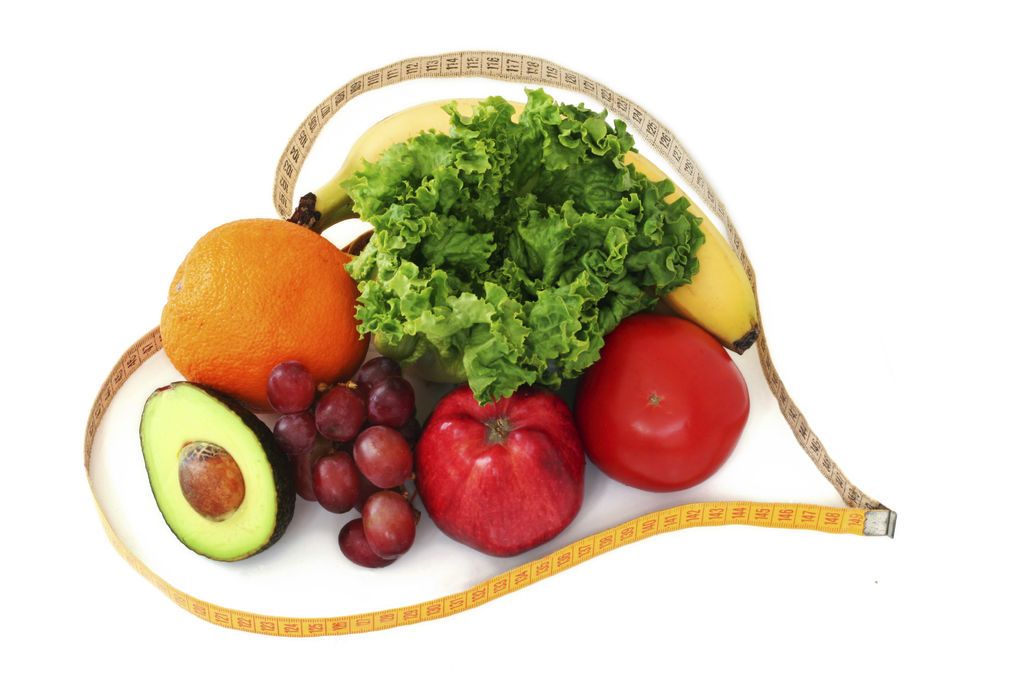
Cardiovascular diseases are responsible for more than 30% of the total number of deaths worldwide, and each year more people are diagnosed with these diseases. In 2015, more than 85 million people in Europe are diagnosed with cardiovascular disease. A healthy diet is one of the most important ways to prevent heart disease and related health problems. Is vegetarian diet better than others to maintain heart health?
Although the total number of people with cardiovascular disease is increasing, the number of deaths continues to decline. This is due to treatment options, quality of care and improved access to health care significantly since the middle of the last century.
Although this is definitely a positive sign, it means that there are more and more people with cardiovascular disease that can seriously affect the quality of life and put people at risk of sudden death.
In Britain alone, the cost of heart and circulatory health care is estimated at £ 9 billion a year ($ 12 billion), while the total cost of the European economy is close to £ 200 billion a year ($ 260 billion).
It is therefore logical that prevention of cardiovascular disease is the primary goal of many national health care services worldwide.
Prevention includes encouraging people to have a healthy diet, increase their physical activity and quit smoking. These three steps can offer multiple benefits, reduce the risks of many diseases and health conditions, and improve the quality of life.
Healthy heart diet
For many people diagnosed with cardiovascular disease, diet may be one of the first things they look forward to. There are a number of healthy diets around the world, many of which are linked to regions or countries, such as New Nordic, which promotes root vegetables, cabbage, apples, berries, fish and other foods.
The Japanese diet calls for the consumption of rice, cooked and pickled vegetables, fish, meat and soybeans in addition to the Mediterranean diet. The Mediterranean diet is a balanced diet aimed at consumption of vegetables and fruits as well as oily fish, olive oil, red wine, lean meat, nuts and low-fat dairy products. It has been known since the late 1950s to provide preventive benefits to the heart. Results then.
A vegetarian diet free from meat, requires abstinence from eating eggs, dairy products and honey as well. With regard to the prevention of cardiovascular disease, available evidence is limited. However, what we know suggests that long-term vegetarians have a lower overall cholesterol ratio than non-vegetarians.
what is the best?
Our team recently discovered the benefits of many local and innovative diets, including the new Northern Diet, Mediterranean diet, plant diet and nitrate-rich diets, which are said to improve heart health directly, if we look at its short- and long-term cardiovascular effects .
In a recent study, we compared the short-term effects of Mediterranean diets and plant diets. Our findings indicate that the Mediterranean diet, at least in the short term, significantly improves the availability of nitrite oxide in our veins and arteries, which is important for maintaining good health of our vascular system.
Nitrite oxide is strongly affected by aging and is closely related to the development of heart disease. Therefore, the availability of highly visible nitric oxide is very positive.
Our study also found that plant diets provide benefits because of lower cholesterol levels. On the other hand, we found that participants who followed the plant diet also showed a decrease in the number of important nutrients such as vitamin B12 and iodine, despite the provision of food supplements containing B12 participants.
This is a serious discovery: micronutrients are vitamins and minerals our body needs in small amounts to function properly, while the deficiency of both iodine and B12 poses significant health risks.
Our recommendations:
Research has shown time and time again that balanced diets are often more beneficial over the long term, and our work strongly suggests the same trend. However, it is best to avoid a diet that follows popular trends and is based on your individual needs.
It is also important to be well informed before making any changes in diet, because changing diets in some cases leads to micronutrient deficiencies and vitamins, which can pose health risks that outweigh the benefits.
So as far as reducing the risk of cardiovascular disease, our work indicates that it is better to seek a solution in the Mediterranean diet. This means eating more plant foods such as fruits, vegetables, whole grains, legumes and nuts.
You should also replace butter with healthy fats such as olive oil, as well as using herbs and spices instead of salt for flavoring foods. Red meat should be eaten only a few times a month, but you can eat fish and chicken twice a week at least.
Enjoying meals with family and friends is also a big part of the Mediterranean diet and culture, such as drinking moderate red wine (although this is optional).
Source / sciencealert
Source / sciencealert












0 Comments